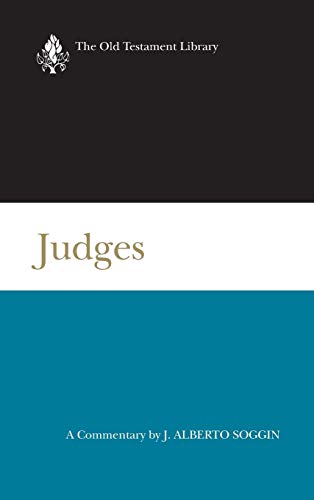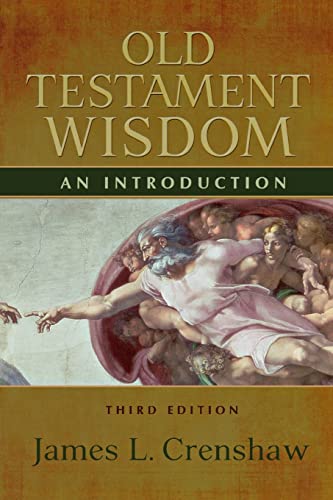General Revelation: Historical Views and Contemporary Issues
Written by Bruce Demarest Reviewed By Millard J. EricksonThe doctrine of general revelation has in recent years suffered some neglect, occasioned in part by the preoccupation with special revelation. Now, however, Bruce Demarest has done for our day what Berkouwer did for an earlier generation—and more.
As the sub-title indicates; Demarest gives us a history of the doctrine. The book is well organized, has a detailed table of contents and an introductory overview chapter. The volume is thoroughly documented, and a complete bibliography and separate indexes of subjects, person, and scriptures increase the usefulness of the book. In short, the book is written the way a scholarly book should be written.
Demarest treats in successive chapters: classical Catholic positions (Augustine, Anselm, Aquinas), the Reformation response (Luther and Calvin), Puritanism, the Enlightenment challenge, four liberal agendas (Schleiermacher, Ritschl, Troeltsch, Otto), the Barthian backlash (Barth, Brunner and Kraemer), alternative Reformed approaches (Kuyper, Berkouwer, Van Til), neo-liberalism (Toynbee, Tillich, Robinson, process theology, Hick), Vatican II Catholicism, and Third World theologies. Each chapter includes a perceptive statement of the position, followed by both positive and negative evaluations. He is aware of differing interpretations of various positions, particularly of Calvin, and enters into the debates. In the final chapter, Demarest states his own position. He regards both the extremes of natural theology and presuppositionalism as aberrations, holding instead that all humans have an effable, innate knowledge of God, but repress this knowledge. He adopts a rationalistic epistemology, rather than a tabula rasa empiricism. The Thomistic arguments are not logically demonstrative, but may serve a useful function in pointing the unbeliever to God. No-one can be saved apart from special revelation, but Demarest allows for the theoretical possibility of God making a special revelation of himself to some who have not been exposed to Scripture.
Anyone who reads this volume looking for an exposition of historical and contemporary views will not be disappointed, finding here a competent, clear statement. But the reader will receive more than that. Because of the breadth of exposition of the several positions presented, this book actually serves as an introduction to each theology as a whole. Practical issues (such as universalism, and the status of other religions) are examined.
For all of its strengths, there are certain points at which the reviewer would have liked to see changes. Demarest’s view that common grace counters the corrupted human nature to the point where all men know God seems to rest primarily upon John 1:9. Yet he never really gives the thorough exegesis of that verse that would establish this as the preferable interpretation. Comprehensive as the book is, such significant thinkers as Teilhard de Chardin and Wolfhart Pannenberg are not mentioned, and Søren Kierkegaard is merely alluded to. One may wonder about the balance of treating Augustine, Anselm and Aquinas in one chapter, while giving a full chapter to the Puritans. Although Demarest correctly warns against ‘persuasive definitions’ (pp. 139–141), the practice proves difficult to avoid (‘true knowledge’, p. 247). Additional philosophical reaction might be desirable, to go with the theological criticisms, although Demarest commendably recognizes the crucial role of Immanuel Kant. Editorial and typesetting errors are few and minor: misspellings of Berkouwer (p. 142) and Kierkegaard (p. 118) and one grammatical error (‘speculation … are’, p. 104).
These, however, are relatively insignificant reservations, compared with the over-all excellence of this book. I highly recommend it to theologians, theological students, and pastors.
Millard J. Erickson
Bethel Theological Seminary, Minnesota, USA







